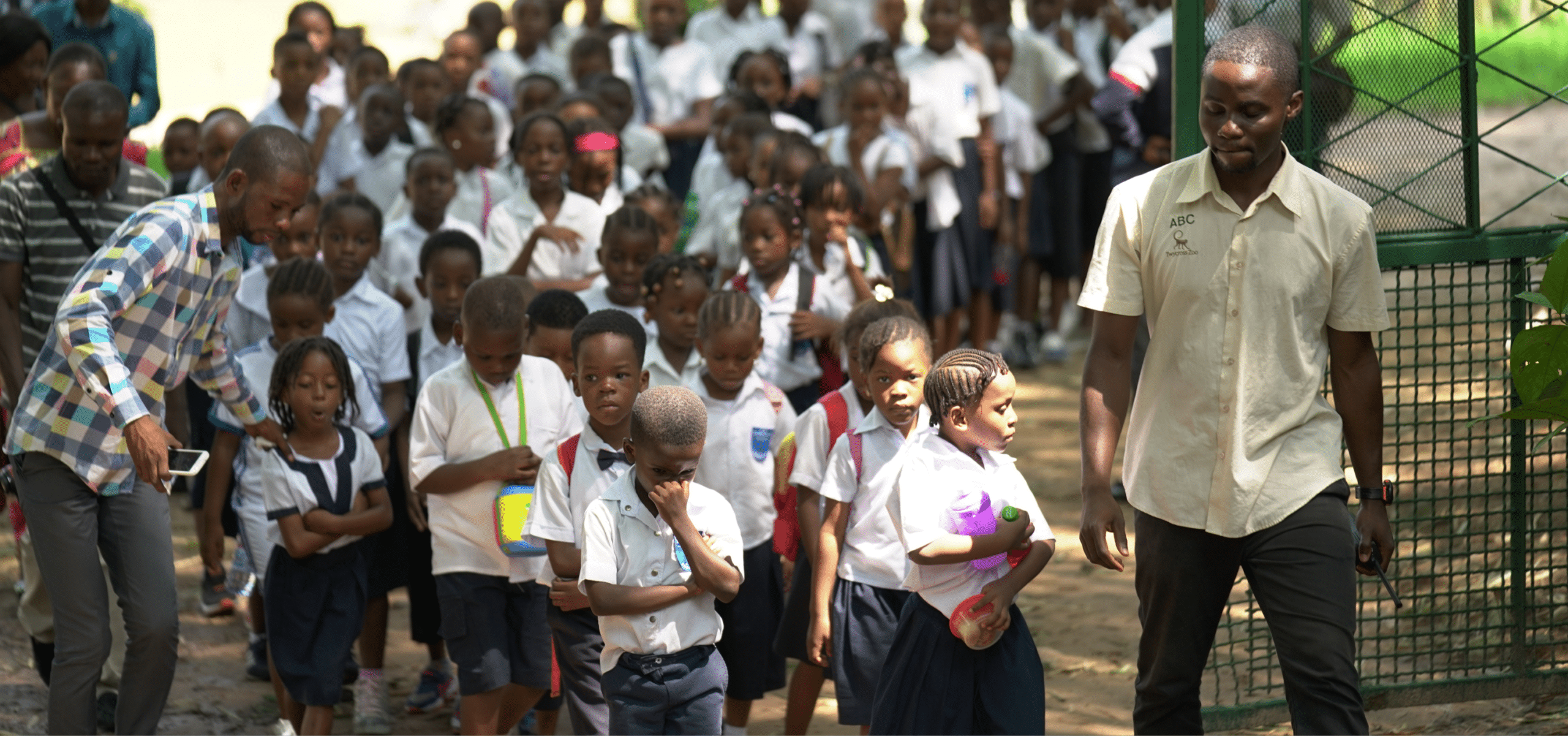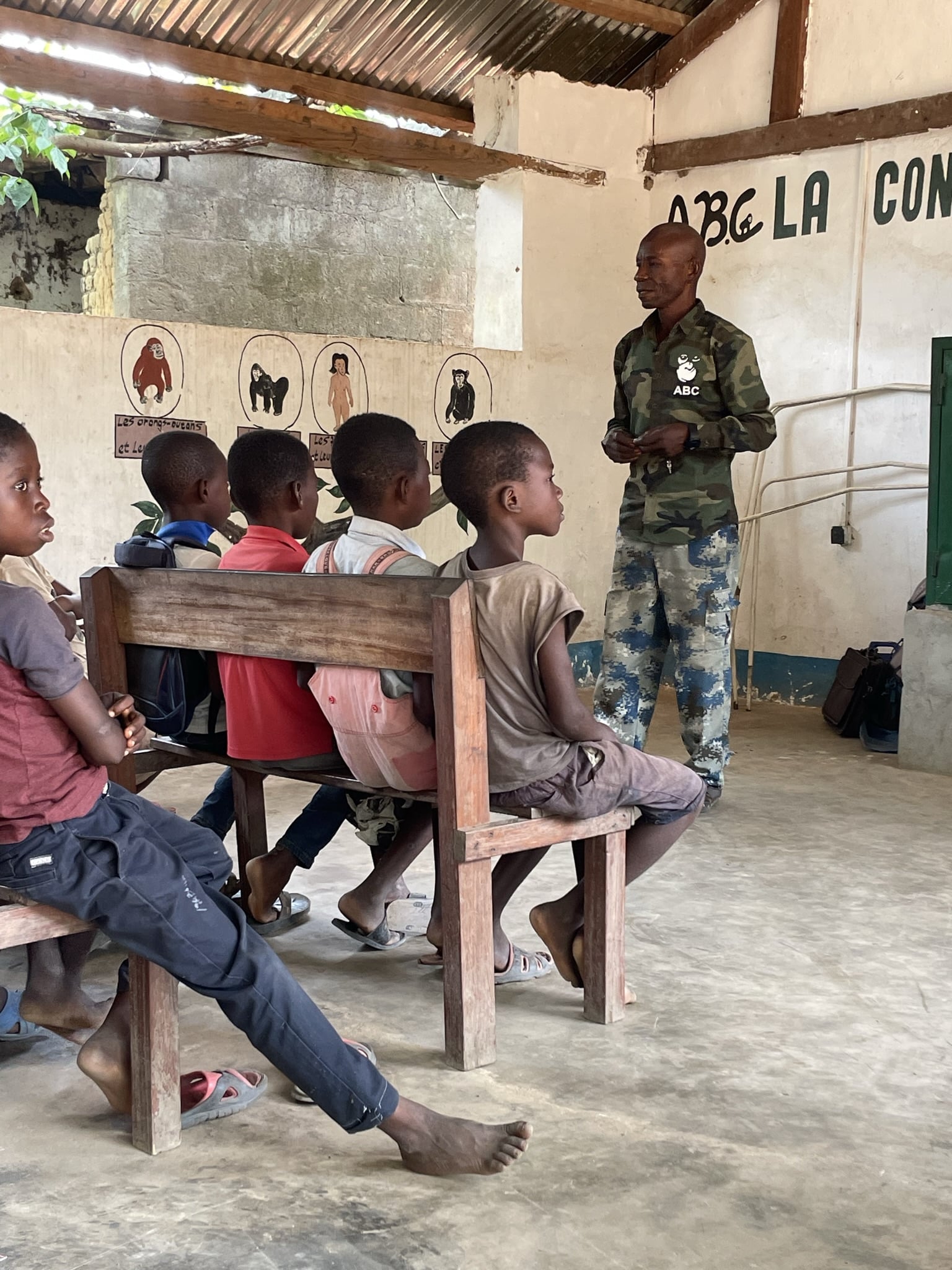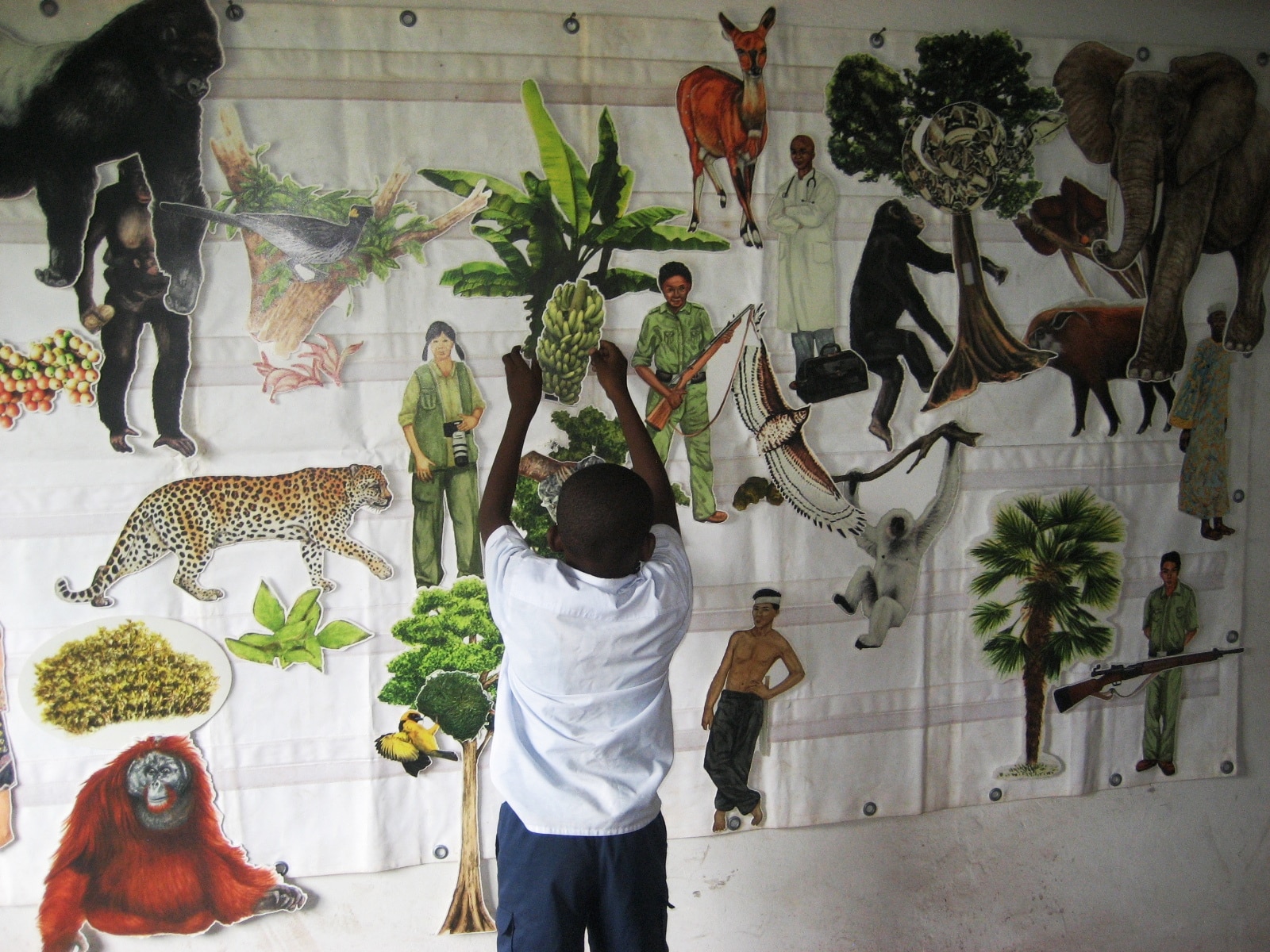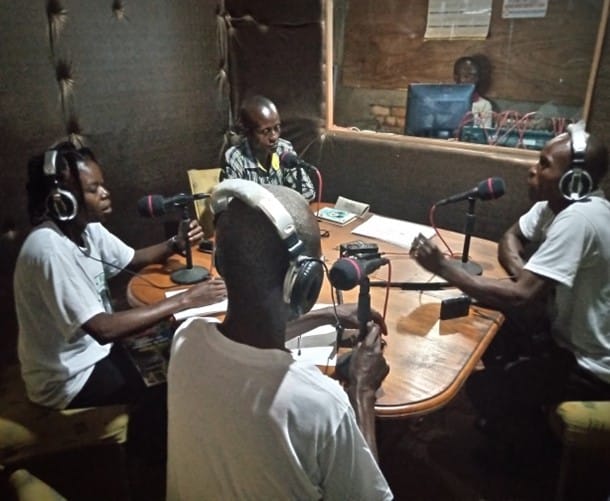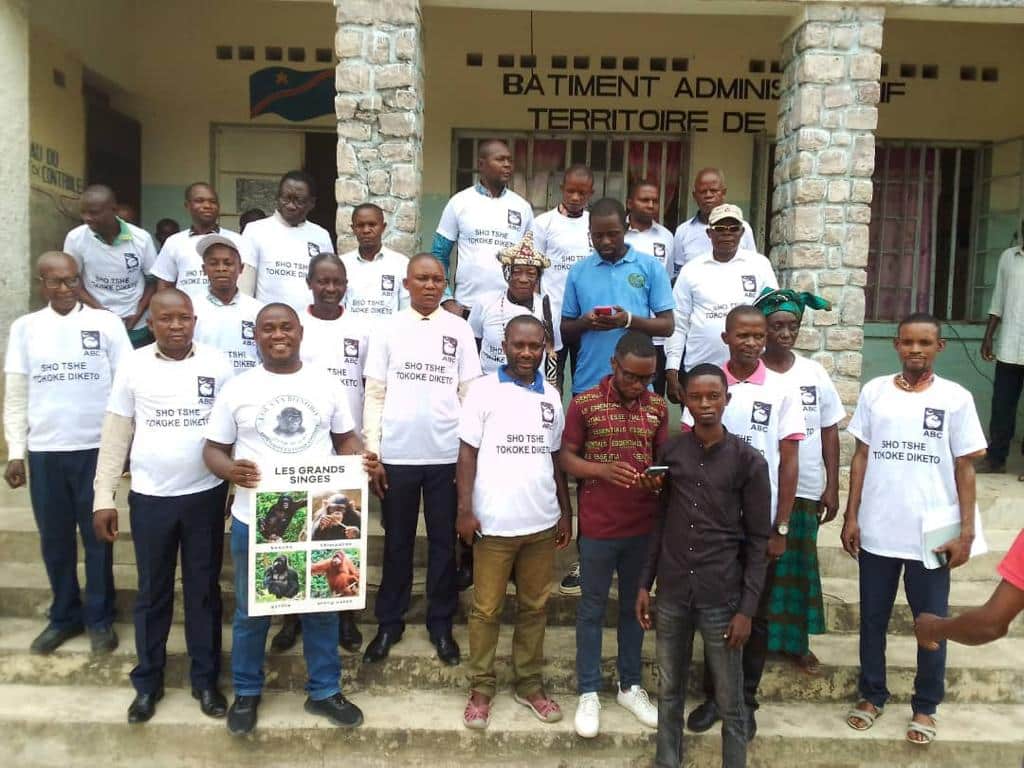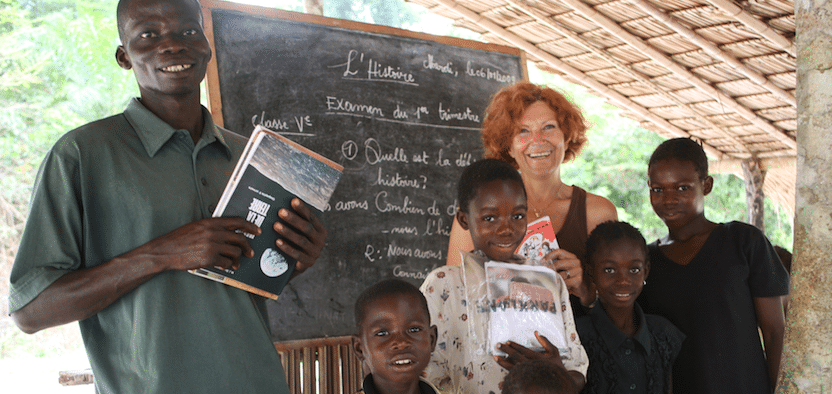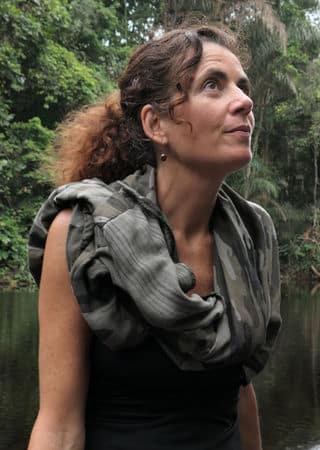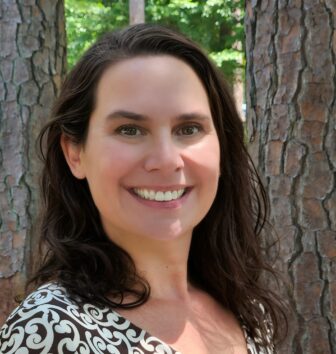Education & Awareness
We raise awareness all over the world about bonobos and their plight.
And for 25 years, we have been providing conservation education programs and raising awareness about bonobos in the DR Congo, the only country where bonobos live in the wild.
Encounter Bonobos at Lola
The Congo Basin is home to the second-largest rainforest in the world. And 60% percent of that forest is located in the Democratic Republic of the Congo. Yet, not all Congolese people know their rainforests are the only place in the world where endangered bonobos can be found!
Your support helps change that. Each year, up to 30,000 people visit Lola ya Bonobo sanctuary outside of Kinshasa to tour the sanctuary, participate in conservation education programs, and discover the fascinating lives of bonobos.
Conservation Education in Schools
With Lola ya Bonobo’s guidance, schools in and around Kinshasa created more than 40 Kindness Clubs that provide extracurricular conservation education opportunities.
Through Kindness Clubs the future leaders of DRC learn about their nation’s endangered wildlife, abundant biodiversity, and ecosystems whose survival is critical to the future of the planet. They learn about threats to these natural treasures from poaching, climate change, and habitat loss.
And most important, they gain the understanding they need to create a better future for bonobos!
Conservation Education Across Congo
Your support also makes it possible for us to give educational presentations in the remote, rural schools and villages surrounding our Ekolo ya Bonobo Community Reserve and in Basankusu, the nearby capital of Équateur Province.
We offer free, educational film screenings. These films show the risks of disease transmission when people hunt bush meat, and why keeping bonobos as pets is not only illegal but also wrong for the bonobos, who suffer, get sick, and die. We work with local radio stations to share information about the local environment.
Through these educational programs, and by providing access to observe happy bonobos thriving in the wild, we strive to inspire Congolese to take pride in their natural heritage and work to protect it.
